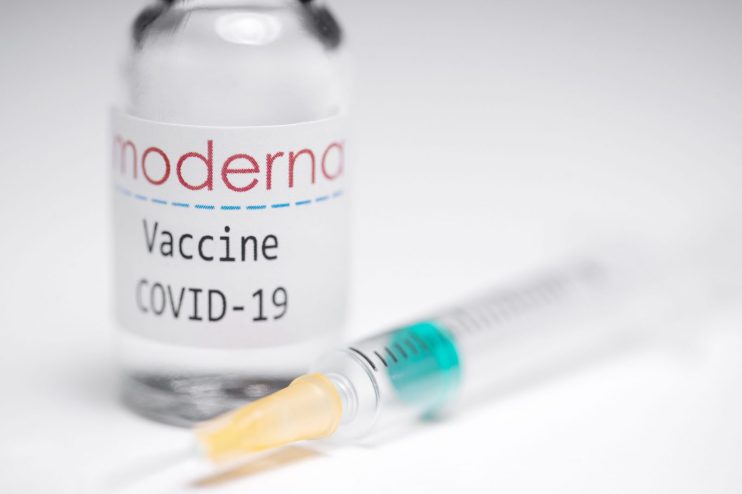Editorial: Vaccine success is a shot in the arm for the free market

Who would have thought that competition and the free market would be the world’s saving grace as we head towards 2021?
Other than anybody who has studied free market economics, obviously, or anybody who has noticed that over the past hundreds of years it has invariably been the private sector, driven by need, who have innovated the world into progress?
So it has been again, with the global race of big (and not-so-big) pharma firms lining up to be first to the vaccine prize. Last week it was Pfizer with a 90% effective vaccine – this week, Moderna, not so quick but more effective.
Next Monday we fully expect AstraZeneca to announce that theirs takes ten years off your worry lines.
There are myriad questions to be asked, now, about the roll-out of the vaccine. We are most taken by the idea that if you vaccinate the most vulnerable first – indeed, do that as quickly as possible – it allows Governments to open up the economy far quicker than had previously been anticipated.
If you remove the risk on the vulnerable, in short, those few cases amongst the non ‘at-risk’ (a reminder that only 10 per cent of fatalities from this awful disease have been amongst the under-65s) population who are unlucky enough to end up needing hospital treatment will be able to walk into wards and be treated as well as they possibly can.
That frees up pressure elsewhere, allowing the economy to reopen – and people to get back to work. That allows Britain’s struggling sectors to get back on their feet, start employing people again, and, in short, begin the recovery.
It is still, of course, too early for many of those questions, but it is a delight to have something positive to talk about for once, after a year of bad news.
Of course, some still – somehow – saw the development of the vaccine as bad news. Bad news, that is, because of how it had come about: evil corporations, up to evil things.
Making money out of a pandemic, the hard left cries, incredulous, apparently incapable of computing the idea that large firms are unlikely to throw billions at research into something they would then be obliged to give away for free.
Yes, there are many questions about when, how, and who when it comes to the vaccine. But first the plaudits – to the market, to the world’s researchers and scientists and, dare we say it, to good old fashioned capitalism.
